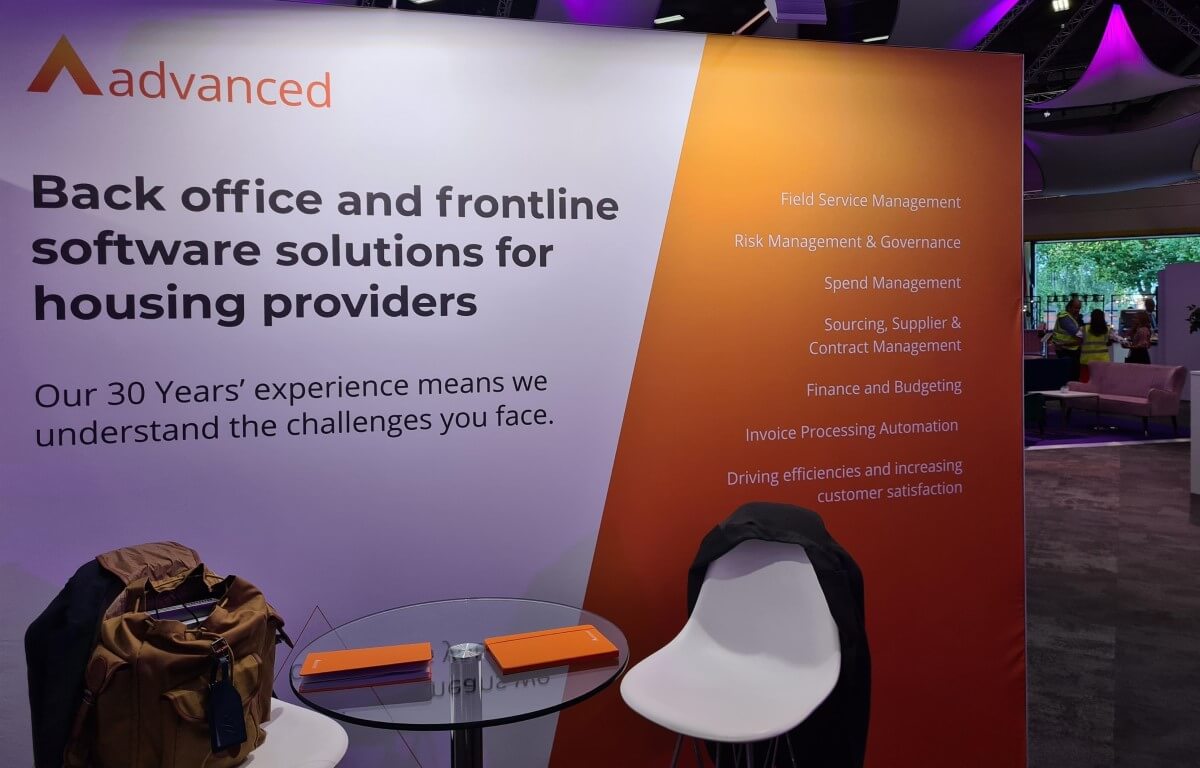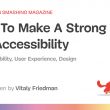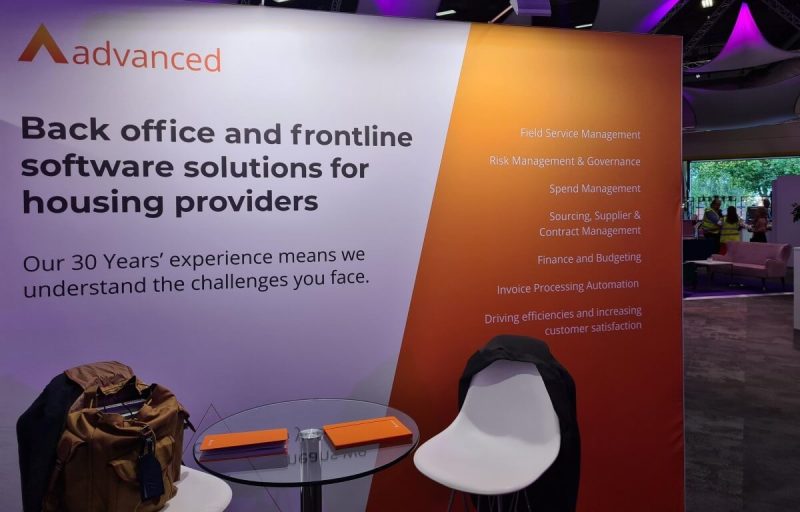

In the midst of the rapid adoption of artificial intelligence (AI) and the need for more robust, secure, and sustainable enterprise systems, an astounding 92% of organizations worldwide are choosing to incorporate mainframes into their forward-thinking IT strategies, eschewing the previous trend of cloud migration in its entirety.
This turnabout is based on an understanding of the difficulties and nuances associated with a full shift away from mainframes, as shown by the answers provided by 400 IT executives from a variety of global businesses. According to the study, there is a clear desire for a balanced approach; just 6% of respondents said they thought mainframes will eventually be phased out completely. Rather, the emphasis is on moving workloads to the cloud judiciously, especially to take use of AI and machine learning (ML) capabilities, which have attracted attention from more than 81% of the firms surveyed.
Tim Jones, Advanced’s Managing Director of Application Modernization, highlights the changing viewpoint on mainframe use. Mr. Jones notes that there is less of a need to move all data to the cloud, emphasizing the strategic advantage of keeping mainframes in hybrid infrastructures. This strategy would guarantee resilience and sustainability in operations in addition to meeting the efficiency and innovation objectives of businesses. Mainframes house half of the vital data for the organizations in the study, but they get an unexpectedly small share of IT spending, which emphasizes the need for a hybrid approach even more.
AI, DevOps, Sustainability
The research clarifies a number of the key elements that are propelling this strategy change, such as the incorporation of AI to boost output and resolve challenging issues. Furthermore, the use of DevOps methods is improving cooperation and dismantling silos. Yet, there are still issues with coordinating tools, procedures, and cultures across industries like manufacturing and government.
Sustainability is another important factor to take into account. According to 89% of respondents, modernization has a good influence on environmental objectives, which is a substantial rise from prior years. This includes working to enhance business reputation, support green initiatives, and increase energy efficiency using a variety of strategies, such as mainframe optimization and cloud solutions.
The road to modernity is not without obstacles, however. Although 46% of firms want to go this route internally, just 22% of such initiatives have met their goals in the past without outside help. This would emphasize how important it is to use outside knowledge and tried-and-true techniques to improve modernization project results.
The research offers unique insights into these trends and is based on a survey of 400 executives from a range of businesses, conducted by Coleman Parkes. The group conducted interviews with executives holding diverse positions, including enterprise architects, CIOs, application managers, project and program managers, and CTOs. Seventy-four percent of the respondents were based in the United States, ten percent were in the United Kingdom, and the other sixteen percent were dispersed over ten European and Asian nations.
In conclusion, the Advanced research highlights selective cloud migration, AI integration, and a collaborative development environment as examples of a subtle, strategic realignment in the approach to mainframe modernization. This approach, which strikes a balance between the speed and creativity of next-generation technologies and the dependability of older systems, represents a major shift in corporate IT strategy.
With a distinct focus on the legacy modernization sector, Advanced is a global supplier of application modernization services from the UK. Clients have been using their solutions to drive IT efficiency, agility, and competitive advantage for clients via core application and database transformations for over 35 years, with over 600 modernization projects completed globally and 3 billion lines of code processed.









